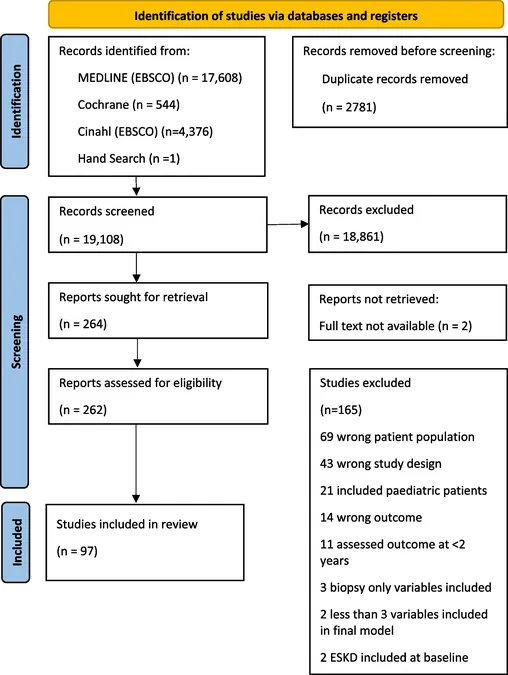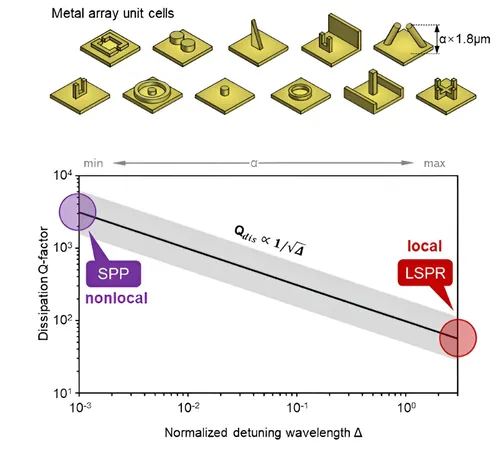
Vitiligo: A Surprising New Risk Factor for Cardiovascular Disease
2024-10-14
Author: Ming
Introduction
Recent research has unveiled a concerning potential link between vitiligo and cardiovascular disease, highlighting the condition as a notable risk factor. A comprehensive meta-analysis reviewed various studies that explored the comorbidities associated with vitiligo patients, revealing alarming insights into their overall health.
Study Overview
The study examined a broad range of literature, pulling data from respected medical databases such as PubMed, EMBASE, and the Cochrane Central Register until November 2023. The Meta-analysis utilized findings from 74 studies, encompassing a total of over 35,000 vitiligo patients, to evaluate the risk factors that may elevate their vulnerability to cardiovascular complications.
Key Findings
Key findings from the analysis indicate that vitiligo patients often exhibit higher levels of insulin, cholesterol, and other metabolic markers, which significantly contribute to their elevated risk of heart disease. Lifestyle choices, including smoking and high alcohol consumption, further exacerbate these risks. The research presented an alarming statistic: metabolic syndrome was present in 28.3% of the participants, while 43% of vitiligo patients experienced hyperlipidemia, both of which are critical risk factors for heart conditions.
Health Metrics
Moreover, vitiligo patients demonstrated concerning averages across various health metrics. Elevated levels of fasting blood glucose, insulin, total cholesterol, and triglycerides were recorded, alongside increased blood pressure readings. These findings underscore the potential for vitiligo not only to affect skin appearance but to also compromise cardiovascular health severely.
Limitations and Contradictions
Despite these findings, it's crucial to note that not all measures were linked to heart disease. Factors such as waist circumference and body mass index (BMI) did not show significant associations. The researchers acknowledged existing limitations in their study, including disparities among the retrieved studies, emphasizing the need for more targeted research to clarify the precise relationship between vitiligo and cardiovascular health.
Comparative Studies
This analysis aligns with some prior studies, which have shown both connections and contradictions regarding vitiligo's role in cardiovascular health. While one study from 2021 indicated a higher risk of cardiovascular disease in vitiligo patients, conflicting results emerged from a Spanish case-control study suggesting fewer cardiovascular risks in these individuals.
Conclusion and Future Research
The authors called for further research to untangle these complex relationships, asserting that a systematic review is necessary for enhancing our understanding and guiding future clinical interventions. "Establishing a clearer link between vitiligo and cardiovascular health could lead to improved medical services tailored for patients," said the researchers.
Recommendations for Patients
As discussions continue, it's critical for individuals with vitiligo to stay informed about these potential risks and consult healthcare professionals about proper monitoring and lifestyle changes to mitigate their cardiovascular risks. This foundational study offers a springboard for future investigations leading to better health outcomes for those impacted by vitiligo.




 Brasil (PT)
Brasil (PT)
 Canada (EN)
Canada (EN)
 Chile (ES)
Chile (ES)
 España (ES)
España (ES)
 France (FR)
France (FR)
 Hong Kong (EN)
Hong Kong (EN)
 Italia (IT)
Italia (IT)
 日本 (JA)
日本 (JA)
 Magyarország (HU)
Magyarország (HU)
 Norge (NO)
Norge (NO)
 Polska (PL)
Polska (PL)
 Schweiz (DE)
Schweiz (DE)
 Singapore (EN)
Singapore (EN)
 Sverige (SV)
Sverige (SV)
 Suomi (FI)
Suomi (FI)
 Türkiye (TR)
Türkiye (TR)